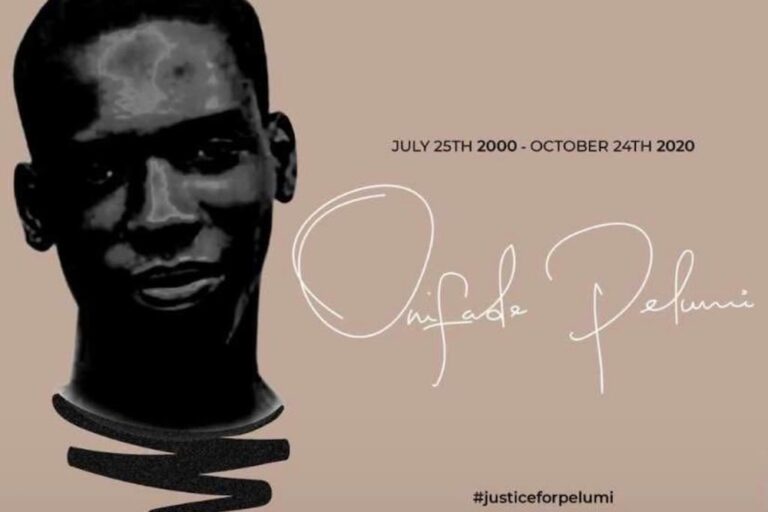(MRA/IFEX) – Nigeria’s federal Legislature, the National Assembly, is considering a draft law that would impose sanctions, jail-terms, fines and suspension for media outlets found guilty of sensational reporting on violent conflicts, parliamentary or inter-governmental disputes, natural disasters and other “negative trends and tendencies”. The draft law, entitled the “Journalism Enhancement Bill”, is presently before […]
(MRA/IFEX) – Nigeria’s federal Legislature, the National Assembly, is considering a draft law that would impose sanctions, jail-terms, fines and suspension for media outlets found guilty of sensational reporting on violent conflicts, parliamentary or inter-governmental disputes, natural disasters and other “negative trends and tendencies”.
The draft law, entitled the “Journalism Enhancement Bill”, is presently before the House of Representatives, the lower chamber in Nigeria’s bi-cameral Legislature. The bill provides for the establishment of a Media Practitioners Complaints Commission (MPCC) in each state of the federation and the Federal Capital Territory (FCT), with powers to take disciplinary measures against media practitioners who violate its provisions.
Section 27 of the draft law stipulates that, “A journalist shall not present or report acts of violence, religious or inter-ethnic or tribal conflicts, armed robberies, terrorist activities, national controversies, such as inter-governmental or parliamentary conflicts, natural disasters, vulgar displays of wealth, or other negative trends and tendencies in the society or polity, in a sensational way, or in a manner that glorifies such acts in the eyes of the public or foreign observers.”
Journalists who violate this provision “shall be guilty of professional misconduct, and the matter shall be referred to the Nigerian Press Council by the Nigerian Union of Journalists, or any of its members or any affected persons, for appropriate disciplinary action, which may include suspension and/or withdrawal of the registration of the journalists from the Nigerian Union of Journalists and the Nigerian Press Council.”
The draft law stipulates that the publication of “inaccurate and/or misleading” stories in the media would result in punishment for both the reporter and the media organisation.
The bill also says that information on the personal life of individuals may only be published when the publication is of public interest and is undertaken to expose crime, serious misdemeanours or anti-social conduct, or to protect public health, morality, safety and the public from being misled by the individual concerned.
Under the proposed law, any journalist who solicits or accepts inducement to publish or suppress a story may be jailed for up to one year or fined 100,000 naira (approx. US$750).
The MPCC would have powers to initiate inquiries into cases of professional misconduct, summon people for evidence and prescribe punishment for offences committed by journalists. Section 37 stipulates that, “Where a journalist is found liable by the commission for professional and or ethical misconduct, it shall have power to reprimand or suspend him for a period not exceeding twelve (12) months, or impose any other appropriate punishment”.


